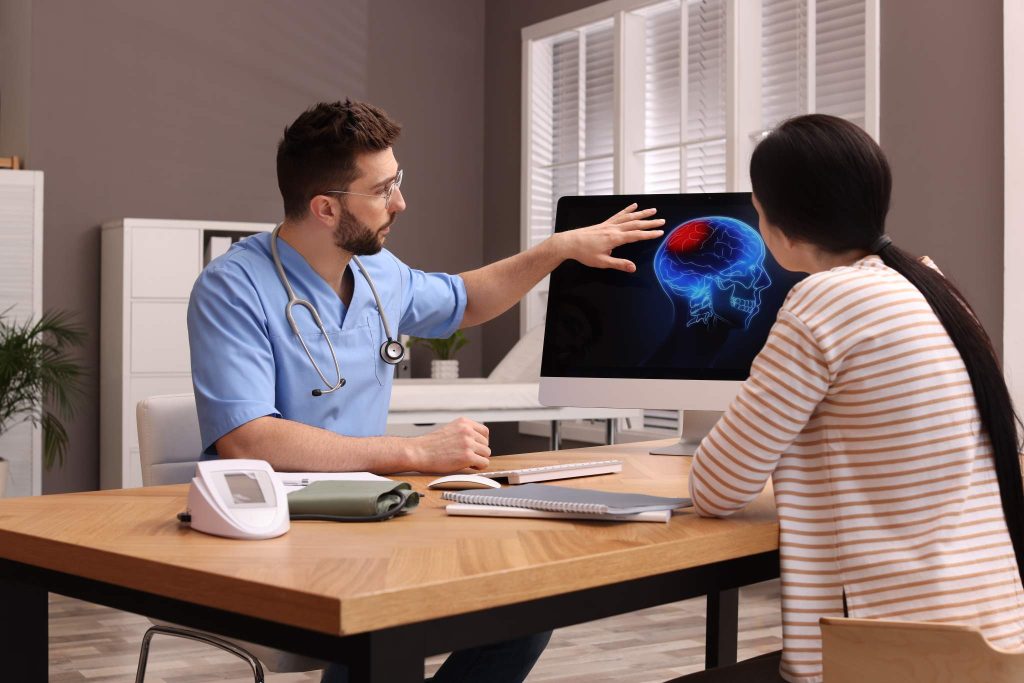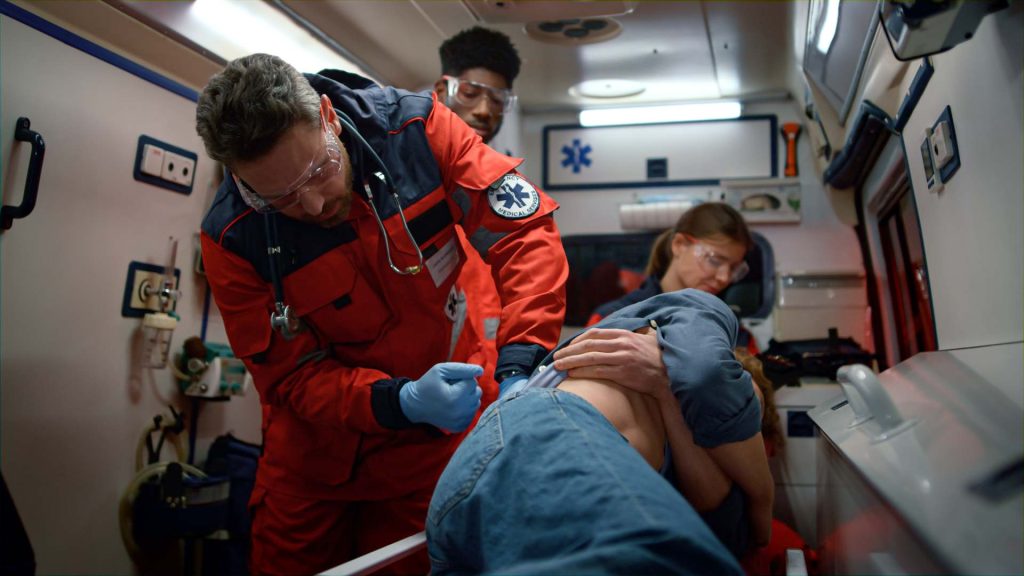If you’ve recently been in a car accident, suffered a sports injury, or slipped and fell, you may have suffered a shoulder injury. When you have severe shoulder pain, how do you know if you have a dislocated shoulder or a separated shoulder? These two conditions are easily confused because many of the symptoms are the same and the pain can keep you from moving your shoulder and arm. You will need to see an orthopedic doctor to get a proper diagnosis and find out whether you need separated shoulder or dislocated shoulder treatment so you can heal properly.
How to Know if You Dislocated or Separated Your Shoulder
If you dislocated your shoulder, you typically fell or suffered a blow to the top of your arm which then forced the bone to pop out of the ball and socket joint that makes up the shoulder. The shoulder joint can move in so many different directions, which makes so many movements easier, but also makes the shoulder more susceptible to injury. When you have a dislocated shoulder, you will likely feel severe pain in your shoulder and upper arm, and you may have difficulty moving your arm at all. Depending on how you dislocated the shoulder socket, it is possible to notice a visible deformity, like a bump on the front of your shoulder where the bone has come out of place.
If you separated your shoulder, this type of injury typically occurs when you fall or hit your shoulder on something hard that actually puts too much pressure on the nearby collarbone. There are a series of ligaments that connect your collarbone to your shoulder blade, and if one of these ligaments is torn it is known as a separated shoulder. When you have a separated shoulder, you will typically experience pain right away and also start to notice swelling and bruising in the area around your shoulder and collarbone. The shoulder and collarbone area will also be tender to the touch and may also look deformed, which is why it is easy to confuse with a dislocated shoulder.
People who play high-impact sports like football, hockey, rugby, and soccer are at higher risk for a dislocated or separated shoulder. It is also more likely with sports like rock climbing, skiing, and even volleyball. You can also sustain this type of injury if you fall and stretch your hands out to brace yourself. The impact of your hands and the shock that reverberates up into your arms and into your shoulders can lead to a dislocated or separated shoulder.
Diagnosing a Dislocated Shoulder versus a Separated Shoulder
In order to diagnose your shoulder injury, your doctor will likely perform a physical exam and may also use diagnostic imaging tools like an X-ray, CT scan, or MRI scan to rule out other potential injuries, like a broken bone. Your doctor will be able to determine whether you have suffered a dislocated shoulder or separated shoulder injury based on what bones and ligaments are affected. If the upper arm bone is out of place, then this would be a sign of a dislocated shoulder. If there are torn tendons near the collarbone then this is a sign of a separated shoulder.
Treating a Dislocated Shoulder versus a Separated Shoulder
Treatment for either a dislocated shoulder or a separated shoulder should begin as soon as possible. This type of pain can be so severe that you are not able to move your arm properly until the bones are reset, especially with a dislocated shoulder. As swelling and inflammation start in the area, it can make your pain worse. Your doctor will determine whether you need a dislocated shoulder treatment or separated shoulder treatment. Both types of treatments typically involve icing the area to help reduce pain and swelling after the injury occurs. Your doctor may also recommend using a sling or other type of device to help immobilize the area while your bones and soft tissues begin to heal. Your doctor may also recommend pain medications to help with the pain and inflammation. You can also talk to your doctor about natural alternatives and treatment options to help manage your shoulder pain.
At AICA Orthopedics, we will make your shoulder our priority. We have locations across metro Atlanta to help with dislocated shoulder treatment and separated shoulder treatment. Our team of multi-specialty doctors includes orthopedic doctors, chiropractors, neurologists, and physical therapists who can help you start experiencing pain relief right away and support your healing process.





